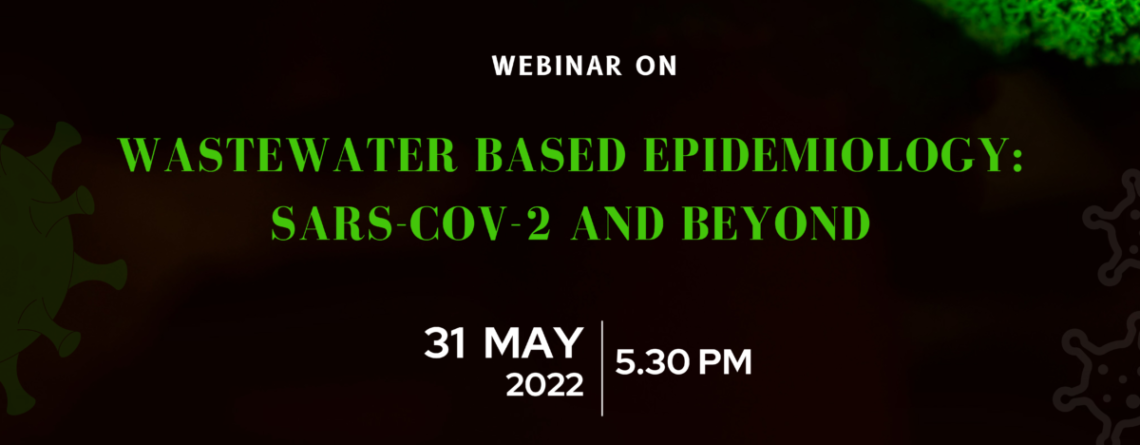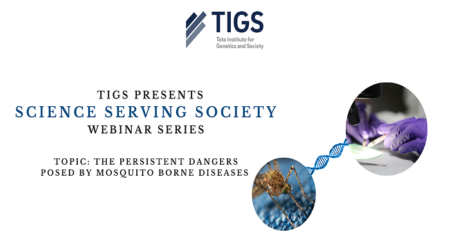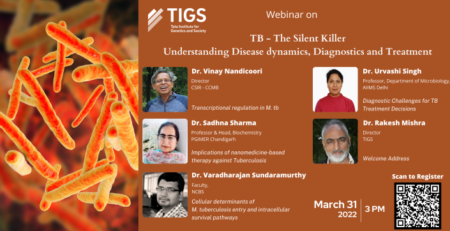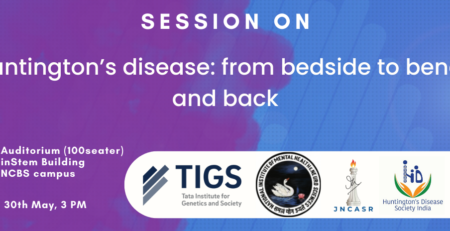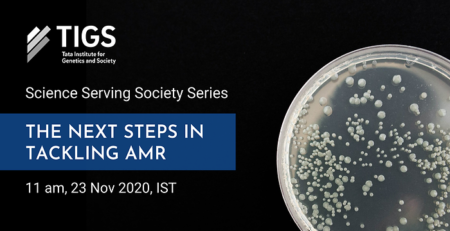Wastewater-based epidemiology (WBE) is an important tool to understand the disease prevalence in a particular geographical area or community. During the COVID-19 pandemic, WBE has been extensively used by health authorities and researchers from several countries, including India, to keep a track on the progression of SARS-CoV-2 infection. It is found that both symptomatic and asymptomatic patients shed viral fragments through the faeces. The viral RNA load in the human waste, which is collected as sewage or wastewater, can be used as a readout/proxy to estimate the prevalence of the disease in the community. Ease of assays, cost-effectiveness, and an unbiased approach towards public health, are a few advantages associated with WBE. By harnessing the power of statistics and modelling, it is now possible to have a real-time approach towards building robust prediction models, which can help health authorities to take informed decisions. WBE approach has been used to tackle diseases such as polio, COVID-19, and other infectious diseases, and to come up with effective solutions to achieve better public health outcomes.

Speakers:
- Madhvi Joshi, Scientist-D & Joint Director, Gujarat Biotechnology Research Centre
- Wastewater surveillance: Powerful tool for pandemic management
- Aparna Keshaviah, Principal Researcher, Mathematica
- Maximizing the Value of Wastewater Data
Watch the recording here

